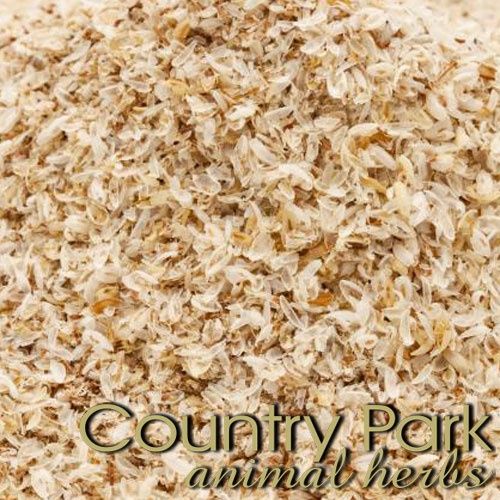Psyllium Husk
Psyllium price increase
India received massive monsoonal rainfall from mid 2023, triggering severe flooding and weather-related incidents. As a result, over half the crop of psyllium planted has been destroyed. Psyllium requires very dry conditions at the time of planting and only one region of India has this ideal planting location. The foreseeable outlook is for reduced harvests and labour shortages. This combination of factors has led to increased pricing due to limited supplies and is not expected to ease. We will continue to monitor and provide updates as they become available.
[Plantago ovata] The husk of the psyllium seed is one of those plant remedies which demonstrates “the ingenuity of nature” (J.A. Duke, 2000) in providing a substance which is able to treat apparently contradictory ailments – diarrhoea and constipation – depending on what is needed.
Psyllium is high in fibre and mucilage and when combined with water it swells to many times its original size, becoming slimy and gelatinous. Diarrhoea is inhibited via the absorption of excess moisture and bulking up of faeces, and constipation is alleviated by the softening of stool and the promotion of bowel movement by the extra volume.
For horses, psyllium husk’s ability to pick up sand and move it through the gut is particularly valuable in the preventation and/or treatment of sand colic. Periodic addition of psyllium to the feed is practised in some sandy soil areas.
ACTIONS include: bulk laxative, demulcent (soothing and protecting membranes) and healing, antidiarrhoeal.
Important notes:
It is vital that a horse being fed psyllium has constant access to plenty of fresh water to ensure that the bulking up and moisture absorbing effects of the psyllium do not hinder the passage of food through the gut. Adding extra salt to the feed whilst using psyllium can assist with increasing water intake. Do not feed psyllium to a horse whose gut is impacted.
DO NOT feed psyllium continually as a preventative measure for sand colic. After a period of time the microbe colony in the horse’s colon adapts and will “digest” (ferment) the psyllium, reducing its effectiveness as a “pass-through” collector of sand and debris.
As a precautionary measure, do not administer oral drugs of any kind simultaneously with psyllium. Separate them by a couple of hours so that the psyllium does not lower the absorption of the medication.

